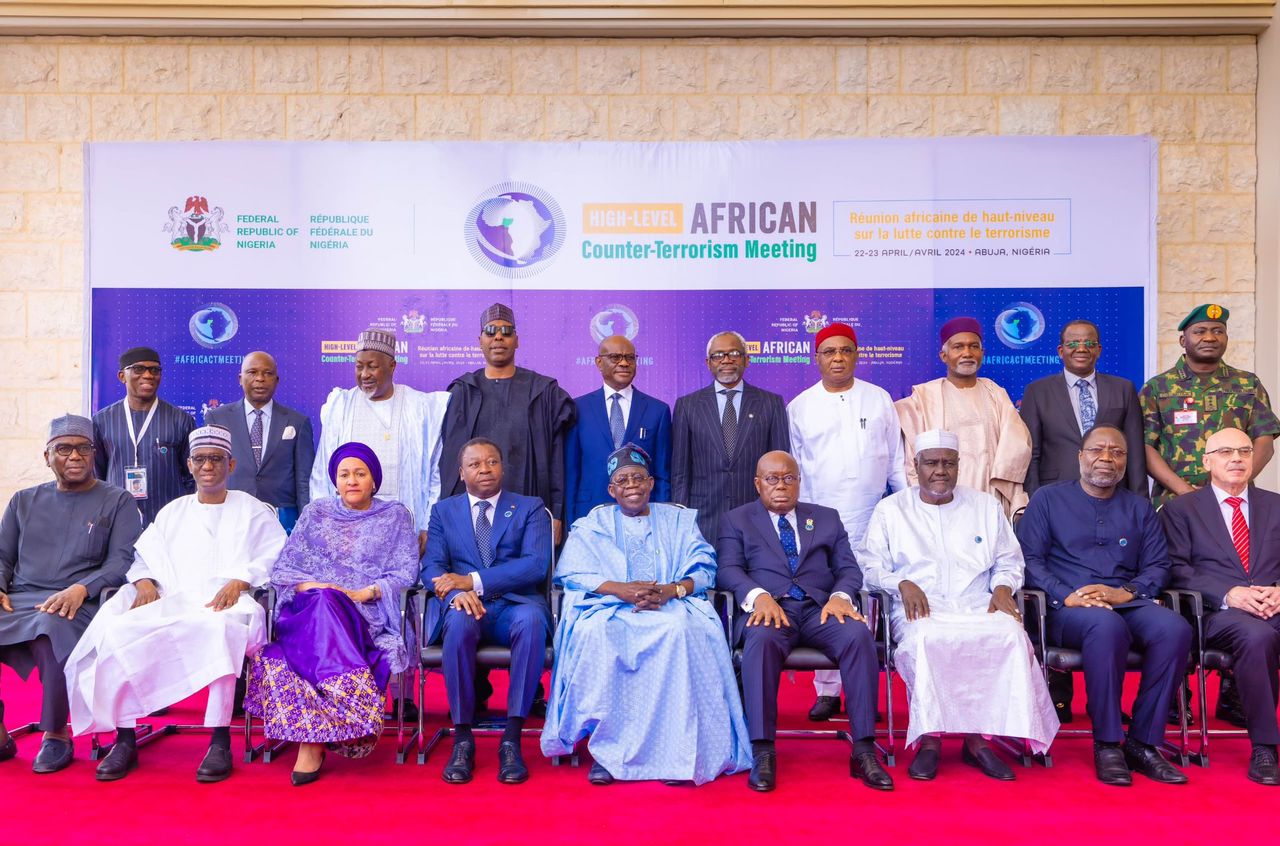Togo’s parliament has given approval to a new constitution that extends President Faure Gnassingbé’s term.
The parliament on Friday gave the approval which shifts the West African nation from presidential to a parliamentary system of government.
It also modifies both the term limits and methods of presidential election.
The reforms enable Gnassingbé to remain in power until 2031, after which he could be appointed to the new position of “president of the council of ministers”.
Advertisement
The new arrangement will transform the president to prime minister – continuing his family’s 57-year rule.
The parliament initially passed the amendment in March.
However, further consultations and a second parliamentary vote were scheduled due to fierce backlash.
Advertisement
Opposition groups said the reforms amounted to a constitutional coup, but Yawa Tségan, human rights minister, said the move will “improve democracy in the country”.
Gnassingbé came to power in 2005 after the death of his father, who took over the coastal West African country in 1967 via a coup.
Violent police crackdowns on political demonstrations have been routine under Gnassingbe, as they were during his father’s rule.
Groups of civil society organisations (CSOs) have called on the Economic Community of West African States (ECOWAS) to intervene in the amendments.
Advertisement
Other West African countries which have made constitutional reforms to allow presidents extend their tenures in office include Central African Republic, Rwanda, Congo Republic, Ivory Coast, and Guinea.
Advertisement
Advertisement
Add a comment






